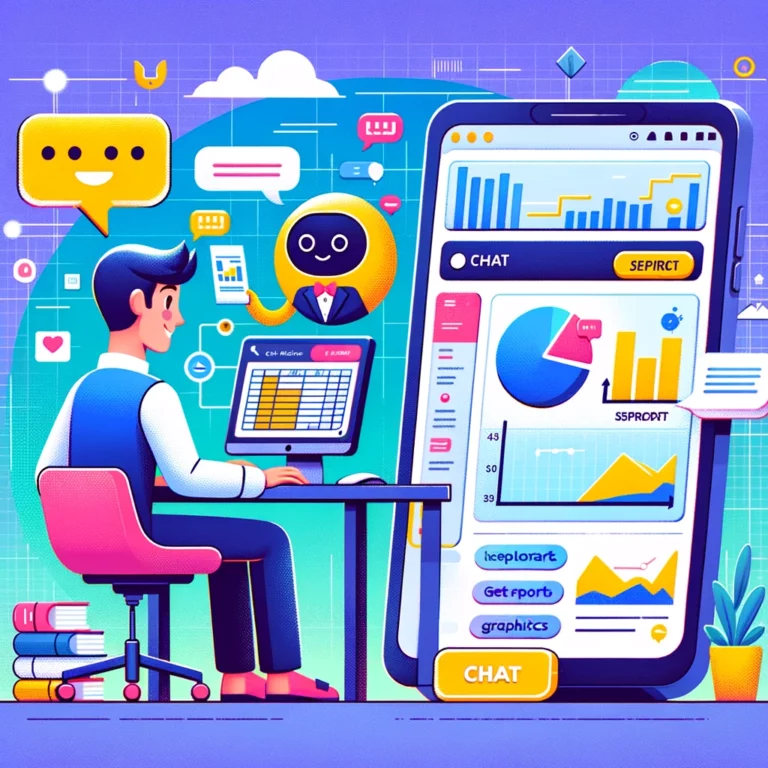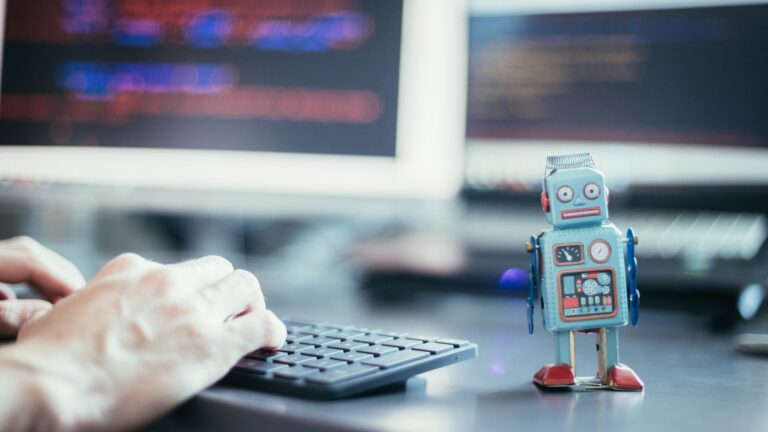Introduction
As artificial intelligence (AI) continues to advance and permeate various industries, the job market is undergoing a significant transformation. Many traditional jobs are being automated, while new roles that require advanced technological skills are emerging. In this ever-changing landscape, it is crucial to prepare children for the future job market and equip them with the necessary skills to succeed in an AI-driven world. This article will discuss the impact of AI on the future job market, the skills children will need to thrive, and the measures that should be taken to ensure their success.
I. The Impact of AI on the Future Job Market
A. Job Displacement and Automation
One of the most significant impacts of AI on the job market is the displacement of traditional jobs through automation. As AI systems become more sophisticated, they are increasingly capable of performing tasks that previously required human intervention. This has led to concerns that many jobs, particularly those involving routine and repetitive tasks, may become obsolete.
However, while some jobs may indeed be automated, it is essential to recognize that AI will also create new job opportunities. These roles will require different skill sets and expertise, with a focus on creativity, critical thinking, and collaboration.
B. Emergence of New Roles and Industries
As AI continues to advance, new roles and industries will emerge to support the development and deployment of these technologies. Some of these roles include AI engineers, data scientists, and AI ethicists, all of whom will play a crucial part in shaping the future of AI and its impact on society.
Additionally, the integration of AI into various sectors will spur the growth of new industries, such as autonomous transportation, personalized healthcare, and smart cities. These industries will demand professionals with specialized knowledge and skills to drive their development and ensure their success.
II. Essential Skills for Children in an AI-Driven World
A. Technical Skills
To succeed in the future job market, children will need to possess a strong foundation in technical skills, such as coding, data analysis, and machine learning. These skills will not only be necessary for roles directly related to AI but also increasingly important across various industries as technology becomes more integrated into daily operations.
B. Soft Skills
Equally important are the soft skills that will allow children to adapt to the rapidly changing job market and excel in their chosen professions. These skills include critical thinking, problem-solving, creativity, and adaptability. Furthermore, as AI systems become more prevalent, the ability to work collaboratively with both humans and machines will become increasingly important.
C. Emotional Intelligence and Empathy
As AI takes over more routine and repetitive tasks, the human touch will become even more valuable. Emotional intelligence and empathy will be essential skills for children in an AI-driven world, as these qualities will enable them to connect with others, understand their needs, and provide personalized solutions.
III. Measures to Ensure Children’s Success in an AI-Driven World
A. Emphasizing STEM Education and Lifelong Learning
To equip children with the necessary technical skills, there must be a renewed emphasis on Science, Technology, Engineering, and Mathematics (STEM) education. Schools should integrate coding, data analysis, and AI principles into their curriculums, ensuring that children have a solid foundation in these critical areas.
Furthermore, as the job market continues to evolve, it is essential to promote the concept of lifelong learning. This will encourage children to continuously acquire new skills and adapt to the ever-changing demands of the AI-driven world.
B. Fostering Soft Skills and Emotional Intelligence
In addition to focusing on technical skills, it is crucial to prioritize the development of soft skills and emotional intelligence. This can be achieved through a more holistic educational approach, incorporating activities that promote critical thinking, problem-solving , creativity, and collaboration. Integrating subjects such as art, music, and literature into the curriculum can help foster these skills, as can encouraging group projects and discussions that require students to work together and think critically.
Emotional intelligence and empathy can also be nurtured through activities that promote self-awareness, self-regulation, and social skills. This may include incorporating mindfulness practices, conflict resolution exercises, and opportunities for students to engage in community service and volunteering.
C. Early Exposure to AI Technologies and Concepts
To ensure that children are well-prepared for the AI-driven job market, it is important to expose them to AI technologies and concepts from an early age. This can be achieved through hands-on experiences with AI-powered devices, tools, and educational resources, as well as by introducing AI-related topics into the curriculum.
By familiarizing children with AI technologies and their potential applications, we can help them develop a deeper understanding of the field and inspire them to pursue careers in AI and related industries.
D. Collaboration Between Stakeholders
Preparing children for the AI-driven job market requires a collaborative effort from various stakeholders, including educators, parents, policymakers, and the private sector. These stakeholders must work together to create a cohesive strategy that addresses the challenges posed by AI and ensures that children receive the necessary support and resources to succeed.
This may involve developing partnerships between schools and technology companies to provide access to cutting-edge tools and resources, updating educational policies and curriculums to reflect the changing demands of the job market, and encouraging parental involvement in their children’s education and career development.
E. Focus on Ethics and Social Responsibility
As AI continues to impact the job market and society at large, it is essential to instill a sense of ethics and social responsibility in children. This includes teaching them about the potential consequences of AI technologies on privacy, surveillance, and inequality, as well as the importance of using AI for the greater good.
By fostering an ethical and socially responsible mindset, we can help ensure that future generations harness the power of AI in a way that benefits all members of society and promotes a more equitable and sustainable future.
Conclusion
In an AI-driven world, preparing children for the future job market requires a multifaceted approach that addresses the technical, emotional, and ethical dimensions of their education. By equipping children with the necessary skills, fostering a lifelong learning mindset, and promoting collaboration between stakeholders, we can help ensure their success in the rapidly evolving job market. By prioritizing ethics and social responsibility, we can also guide them to use AI technologies for the betterment of society, ensuring a brighter and more equitable future for all.



